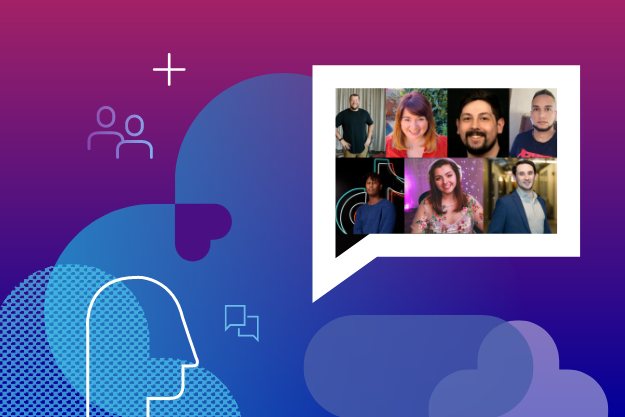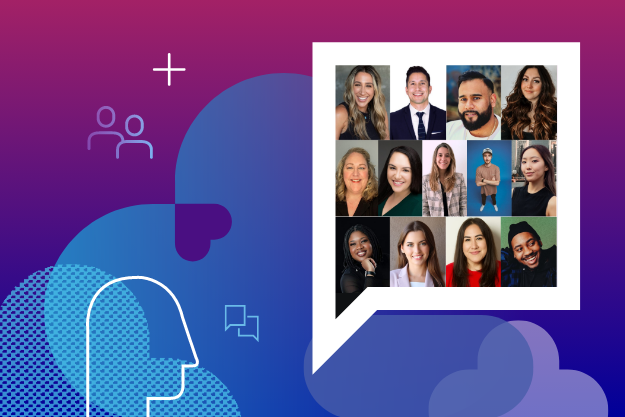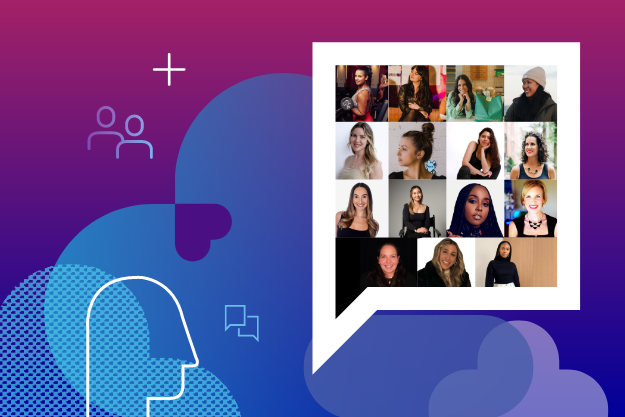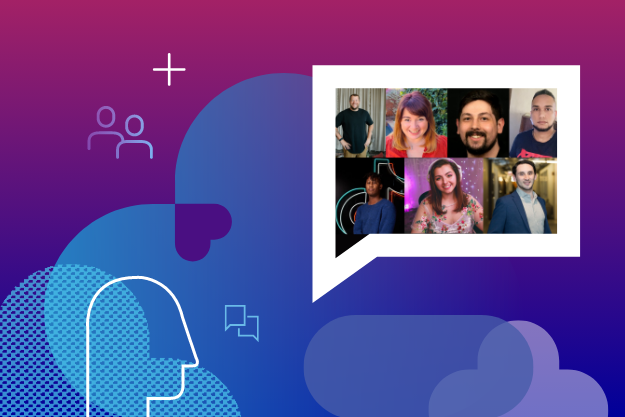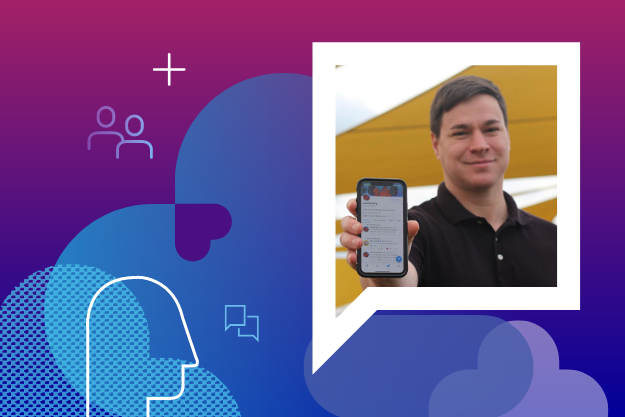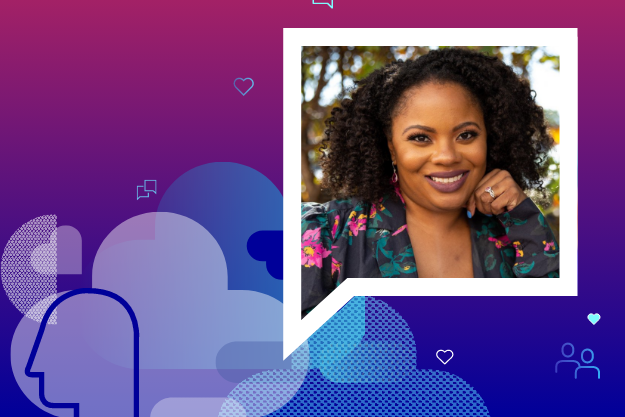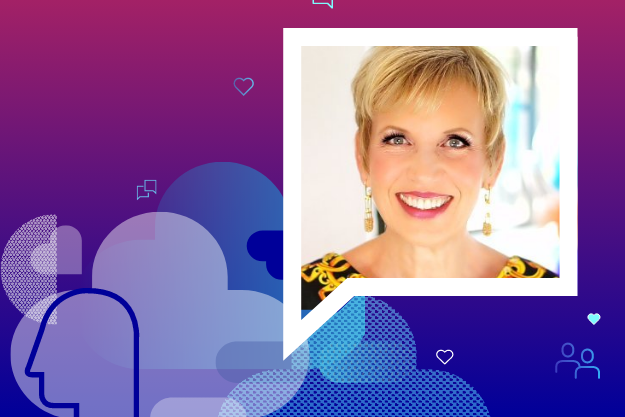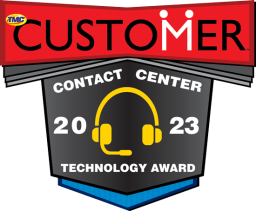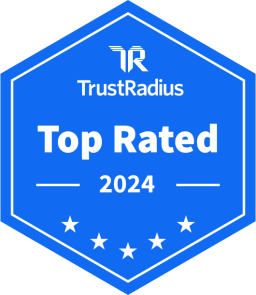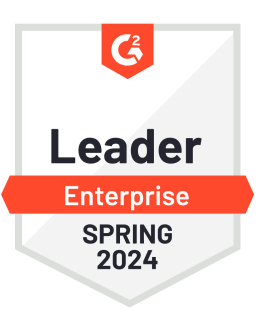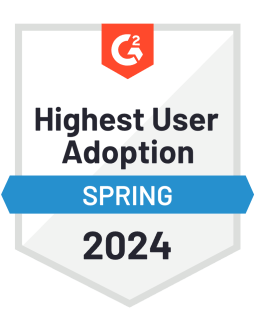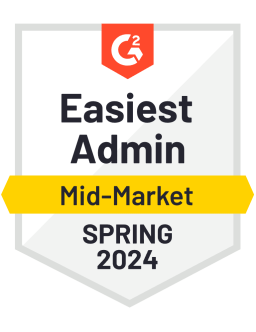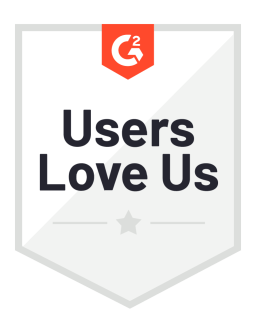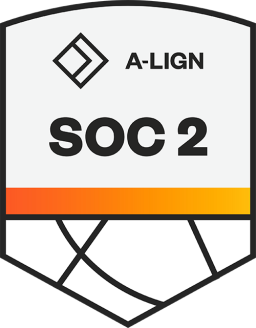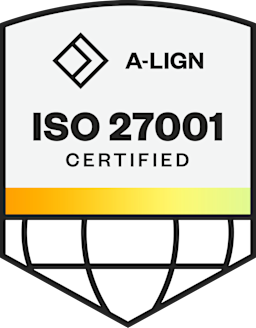Consumers today have a plethora of channels to choose from when it comes to connecting with the brands they love, and designating an individual to manage those interactions is a smart move for marketing teams across every industry. Enter the community manager, a role projected to grow by 9% over the next decade — faster than the average for all occupations.
Community managers are in charge of fostering engagement, generating buzz, and growing a brand's network of supporters. They typically engage with members of a brand's community as an individual, rather than as the brand itself like a social media manager does. Social media channels, private discussion forums, and in-person events are a few examples of outlets a community manager might focus on.
For Community Manager Appreciation Day (#CMAD) this year, Emplifi asked seven experts in the world of community management to share their best advice. Whether you're considering hiring a community manager, aspiring to take on the role, or already have the title and are looking for ways to improve, you don't want to miss these tips.
Advice from 7 community managers
While a community manager's day-to-day tasks can differ widely based on industry type and company goals, they mainly boil down to the cultivation of authentic relationships and consumer trust. Without further ado, let's hear from community leaders across a few industries.
Prioritizing high-value channels and social listening
Understanding early on where your target audience spends their time and how your efforts may (or may not) fit into those spaces can save you time and increase your efficiency in community management. Practice social listening and regular communication with the rest of your team to better identify the highest-value channels for your community.
"It's become a somewhat common practice when building a brand to plaster it across every possible channel/platform — this may even be requested by upper management. Unless you have a massive team that can be dedicated across many platforms, it can be much more effective to strategically choose which platforms you want to devote your brand and time to. Find out where your consumers spend their time and focus on those platforms effectively. If you are being asked to stretch your online presence too thin, don't be shy about standing your ground. Present the information you have collected and analyzed to decide where your brand should be to meet your audience." — Sydney "Rezzanance" Shea, Video Game Industry Community Manager
Building trust through authentic and empathetic interactions
Both authenticity and empathy are at the core of a community manager's job. Authenticity builds trust, which establishes a genuine connection with your community. Empathy ensures a supportive and understanding environment, which is crucial for cultivating positive relationships and brand loyalty.
"There are a number of different ways to find success as a community manager. I believe one of the most important parts of my job is creating a safe space for creators. Whether you are using TikTok, YouTube, or Discord, you want your fans, consumers, or creators to feel like an environment has been built that echoes their values." — Myles Stephens, Community Manager at TikTok
"Be as genuine and authentic as possible when talking to your community. Bringing in that and an added level of transparency can really build trust that most people aren't used to when talking to your company or someone who works there." — Michael Dorigoni, Community Manager at Topgolf Media
"For me, empathy is the secret sauce for any thriving community. It's about tuning into the emotional frequency of your members, understanding their joys and frustrations, and creating a space where everyone feels heard and valued. This trust acts like a magic spark, fueling genuine connection, meaningful interactions, and ultimately, a community that sings your brand's praises far and wide. Think of it this way: you're the beekeeper, nurturing the hive. Cultivate empathy, prioritize your well-being, and watch your online space buzz with life and passion." — Shaheed Rajab, Social Media Community Manager at Special Effects Media South Africa
Internal communities and cross-departmental collaboration
Because building and maintaining an engaged online audience touches so many parts of a business, other teams like social media, customer success, and customer service often work alongside community managers. Actively engaging with your own team can be just as valuable as nurturing outside communities.
"Something that we've implemented at Sculpt (and that I highly suggest all other community managers implement with their coworkers) is an open communication channel to share brand or industry mentions for proactive/outbound engagements. At Sculpt, we call this Slack channel, 'See Something, Share Something.' The reason for this is simple: I, as a single community manager, only see so much in a day. Tapping into your coworkers and utilizing them broadens that scope of opportunity tenfold. They're online at different times, visit different platforms more frequently, have different interests, listen to different music, binge different shows, etc. Opening a channel for them to share when an opportunity might be available has made tapping into proactive/outbound engagements so much easier." — Jason Carroll, Senior Community Manager at Sculpt
"When building external communities, don't forget or underestimate the power and necessity of internal communities. Your internal community champions are at least, if not more important, to the success, growth, and longevity of the community as the community members themselves." — Elizabeth Zwerg, Community Strategist & Learning Ally
"If you're looking to collaborate with other functions in your organization as a community professional, it's critical for you to first understand their business goals and priorities. Then, I'd recommend you have a few conversations to hear and learn from folks directly in that function. Just like with anything in community, it's a starting point to have meaningful conversations and iterate it as you start working together to make the program that much more valuable and efficient for all stakeholders, whether internally or externally. The more stakeholders you have for a project or program, just means you have to be more creative and strategic with the design to ensure everyone gains meaningful value from it – don't let that stop you from launching something that's highly desired or impactful!" — Joel Primack, Employee Marketing Specialist at Postscript & Community Creator and Consultant
The role of community manager is always evolving, and staying up-to-date on trends in your industry can feel daunting at times. Use these insights to build lasting relationships in your brand community without biting off more than you can chew. Your fellow community managers are rooting for you!













